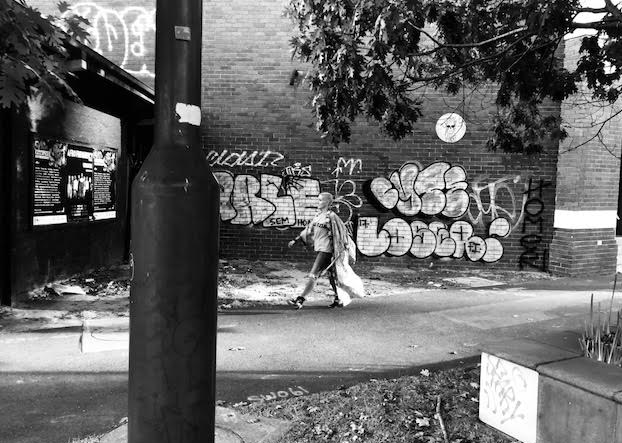Campaign Review: The verdict on MLA’s refreshing spot, SMH’s disappointing ad and Uncle Toby’s nostalgia
Mumbrella invites the industry’s most senior creatives and strategists to offer their views on the latest ad campaigns. This week: M&C Saatchi’s Emma Robbins and Town Square’s Neville Doyle offer their views on MLA’s simple messaging, the SMH’s failure to connect with an audience, Uncle Toby’s nostalgia and Cadbury’s missed opportunity.
Brand: Meat and Livestock Australia
Agency: The Monkeys
The Verdict: A memorable ad with a simple message
Emma Robbins, ECD at M&C Saatchi Melbourne, says:
“In a television world of brands telling us about themselves, their products and their product benefits through testimonials, boring demonstrations or contrived situations, Meat & Livestock made a funny song about theirs and had a butcher sing it.



Couldn’t agree more on SMH. Very hard to read and has become outdated.
This is hilarious. Criticising punctuation and then following it up with the most mangled sentence: ‘Secondly, I don’t feel good about a newspaper telling me they’ll…’ Don’t feel good? So you’ll feel bad?
I realise it’s a personal review however, the dross that is written here is just appalling. If neither of you can write, just post in some emojis next time…